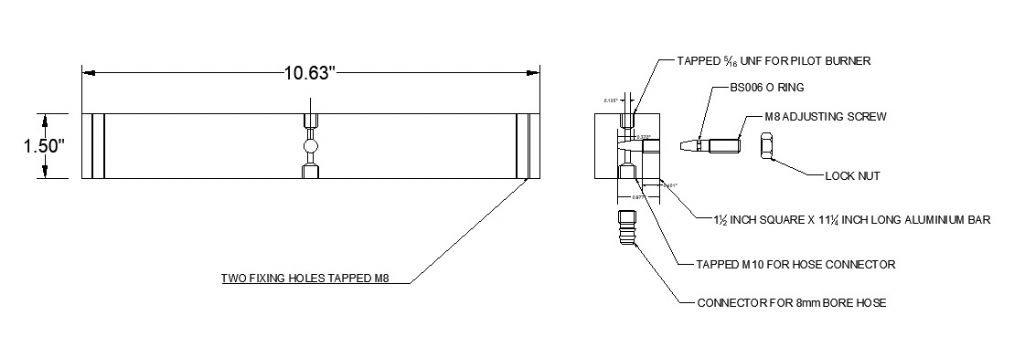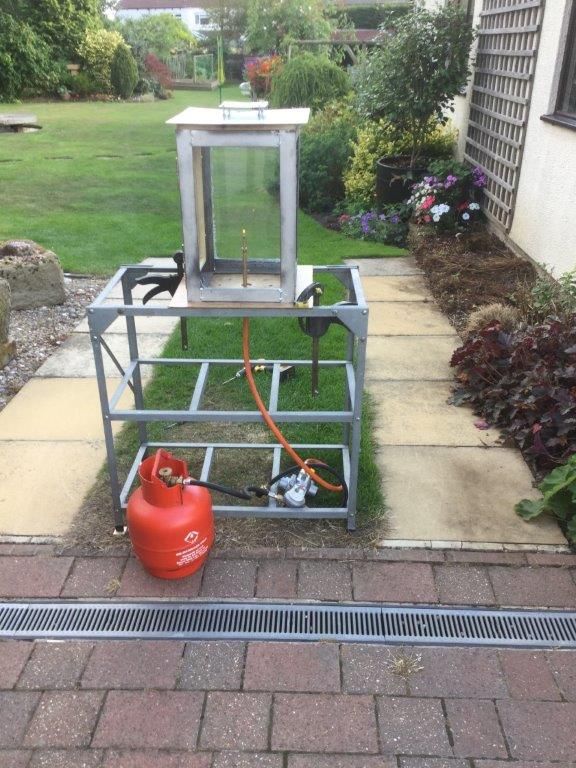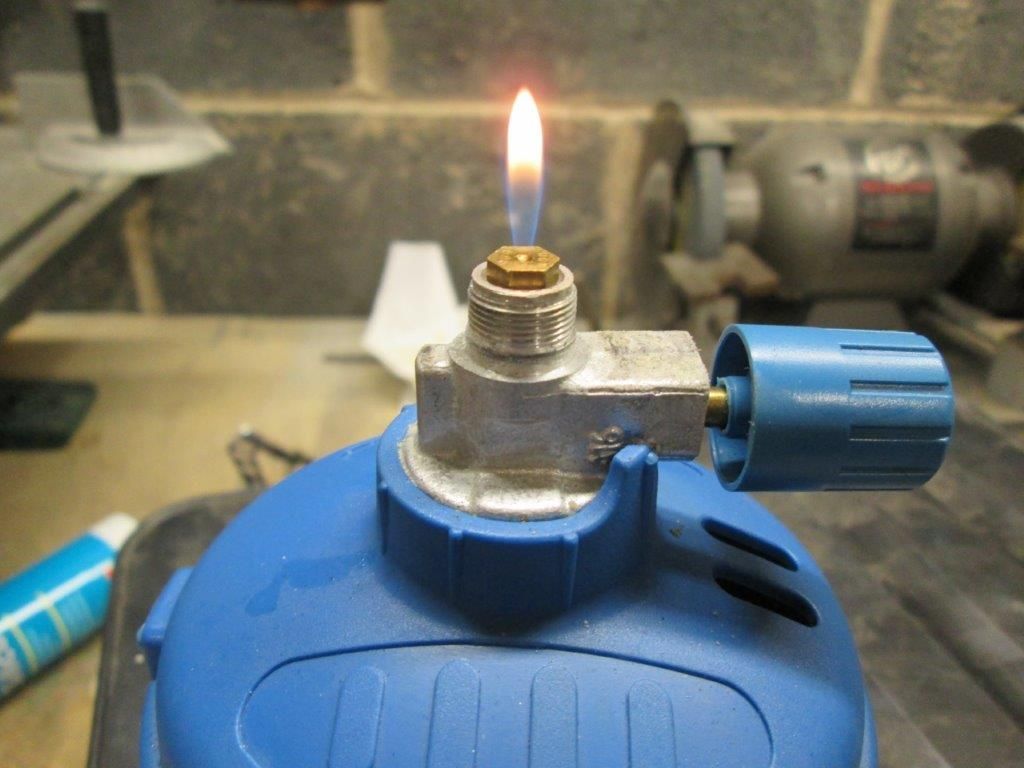The auto-changeover might also be problematic as the pressure from a propane cylinder hardly changes until it's empty as the liquid evaporates. Wouldn't it be easier to just connect the cylinders in parallel with both valves open?
One thing that does affect the pressure is temperature, as the latent heat of evaporation has to be supplied by ambient heat. Propane is I believe reputed to be more affected than butane. I guess if you have a pressure regulator that should avoid problems except at very low temperatures when the cylinder pressure may be too low to regulate. Even in the UK I believe that this can make winter caravanning problematic.
You will also need I think a flame failure device so that if the flame does go out the gas flow is stopped – I recall that some of these used to have a sensitive solenoid operated by a thermocouple, I don't know if these are available and suitable for propane.
Ages ago I did a little bit of consulting for British Gas Research on microprocessor controlled gas cookers. As gas cookers are popular because they still work in a power cut, there was interest in having something not needing mains. One idea we had was to use the pilot light to generate some electric power using a thermopile, question was whether a pilot could generate enough power. It turned out the the relevant BS required that the minimum pilot light had to dissipate the BThU equivalent of 250 W! Even if we could only get 1% efficiency we could have 5 volts at 500 mA for our electronics! Shortly after that pilot lights were banned in new appliances – 10 million homes x 250 watts being 2.5 gigawatts! We looked at all kinds of ideas to generate the power, my favourite being a stirling engine.
 Neil Wyatt.
Neil Wyatt.






